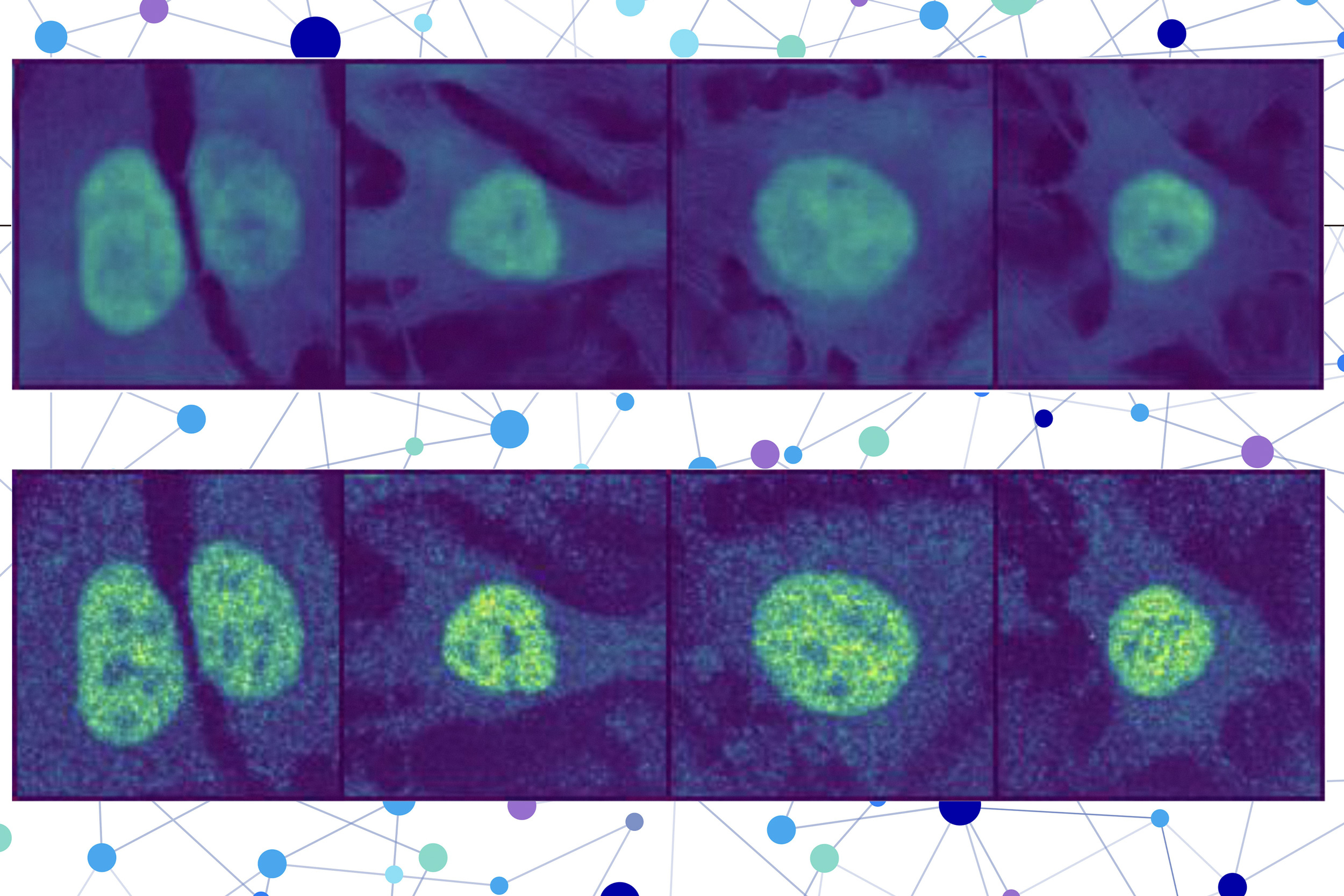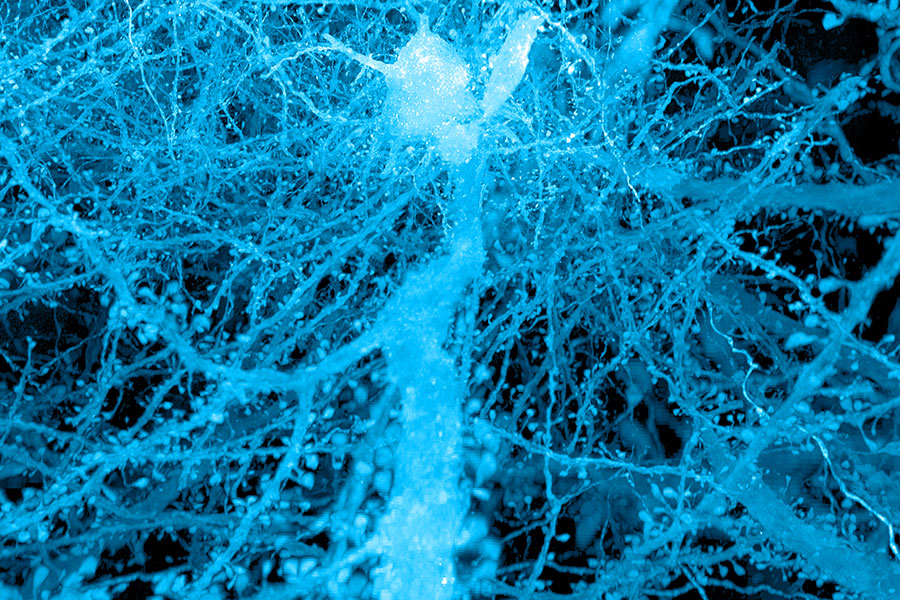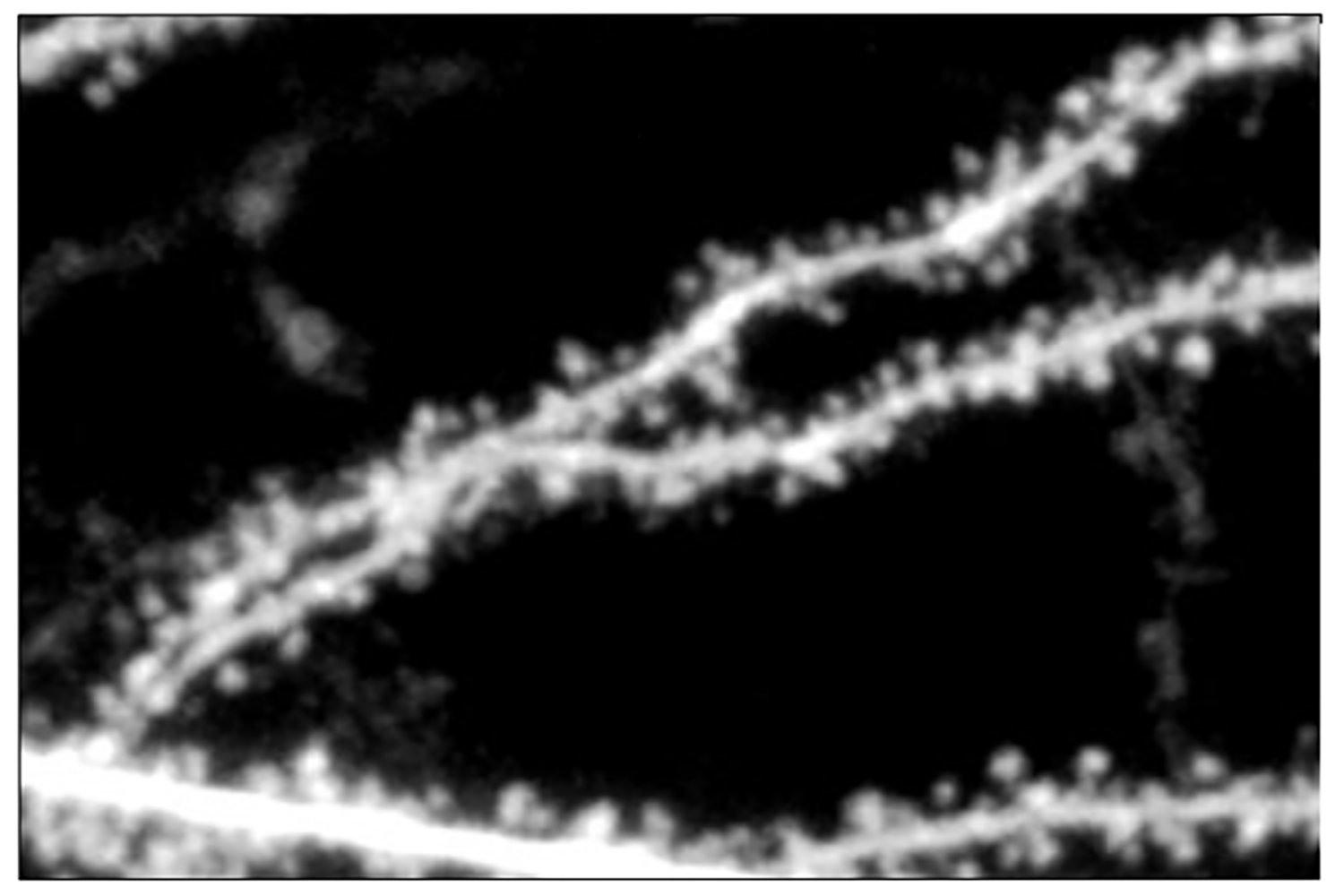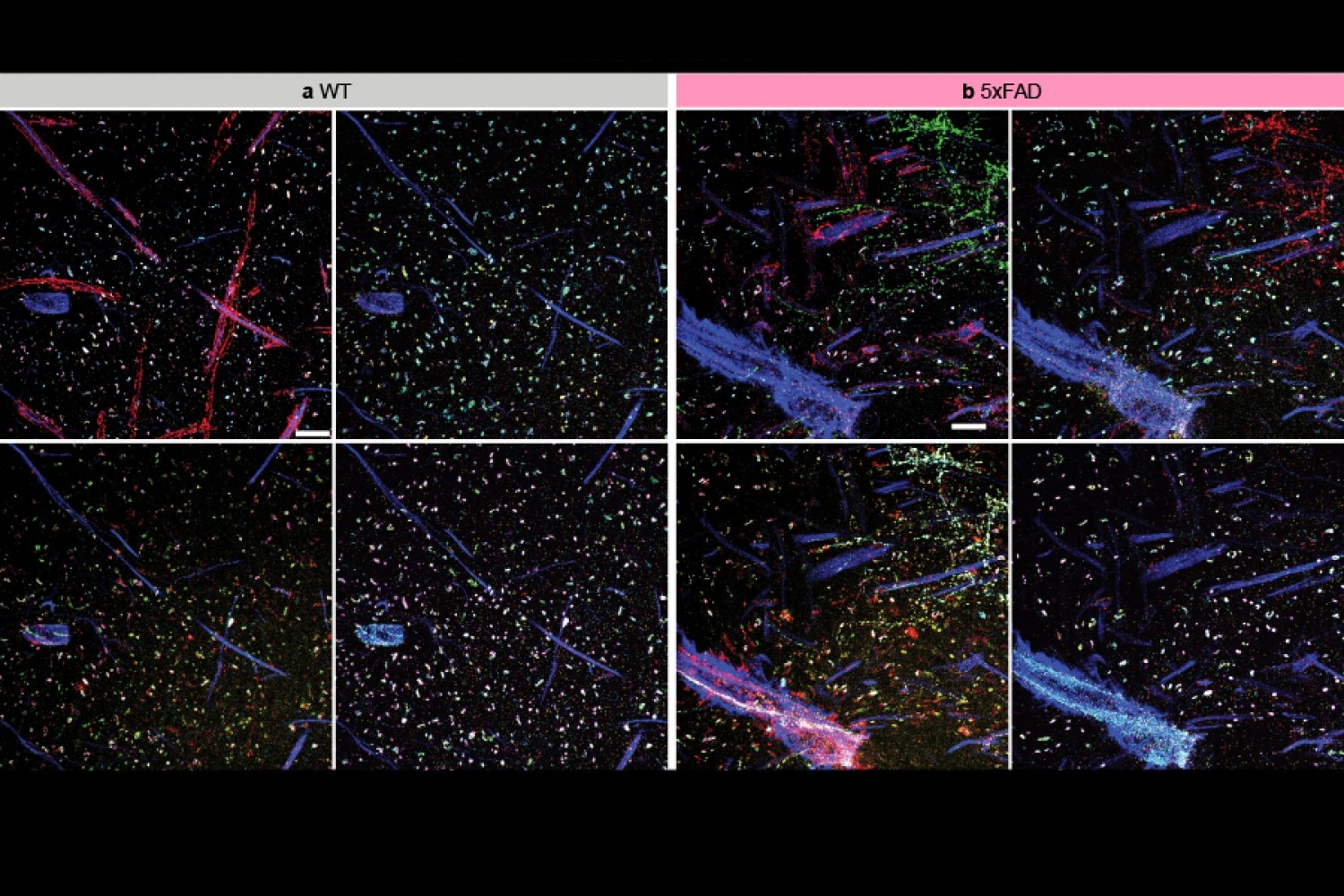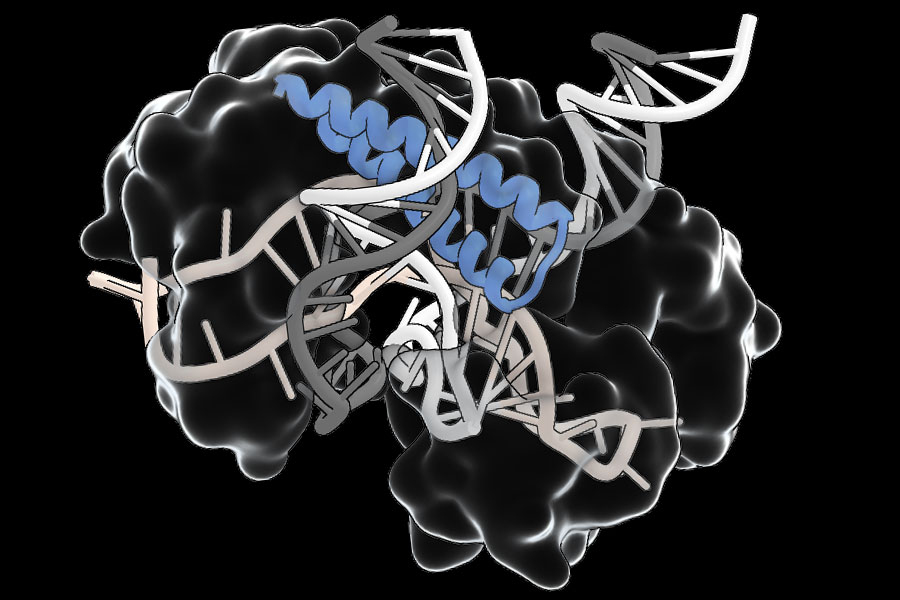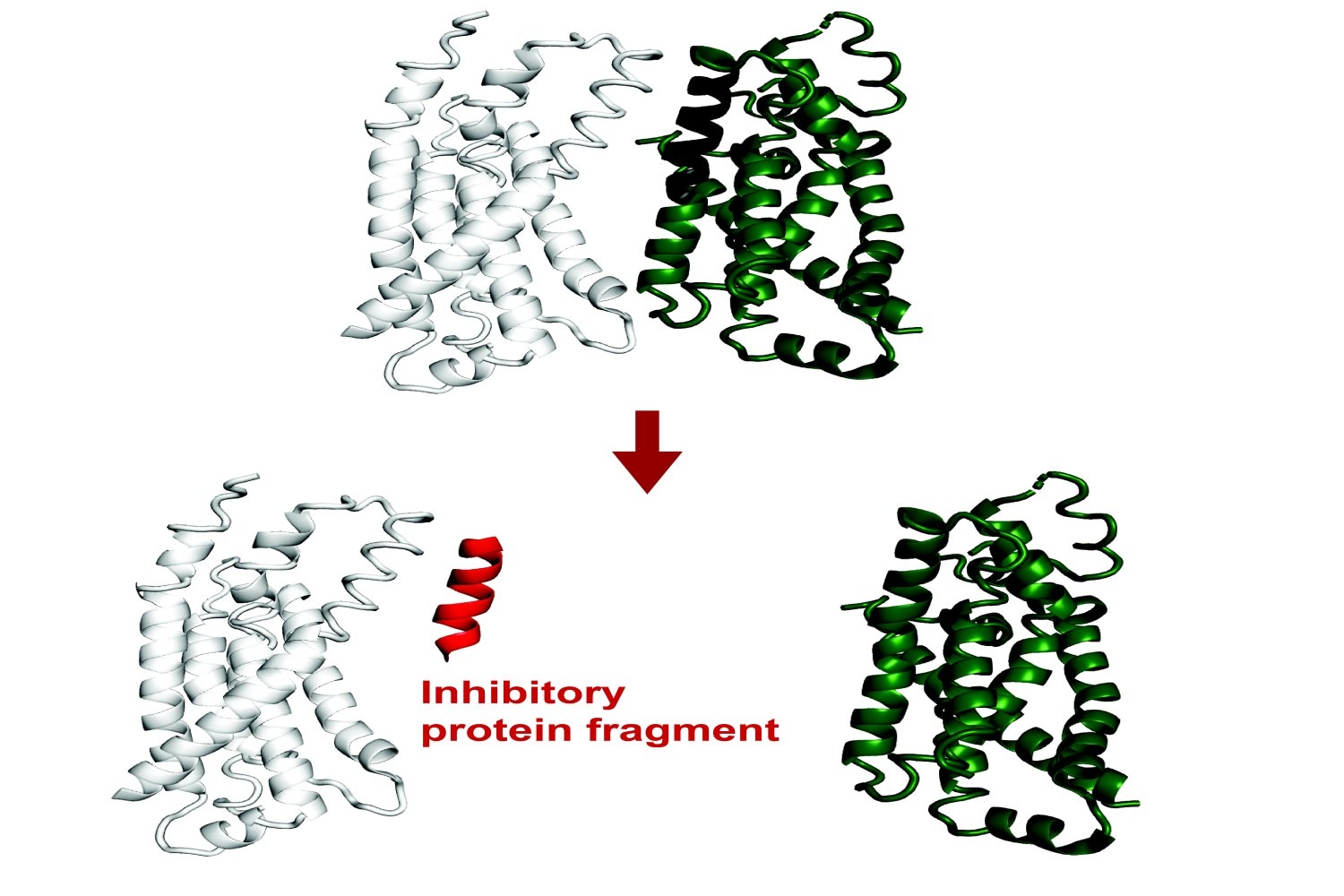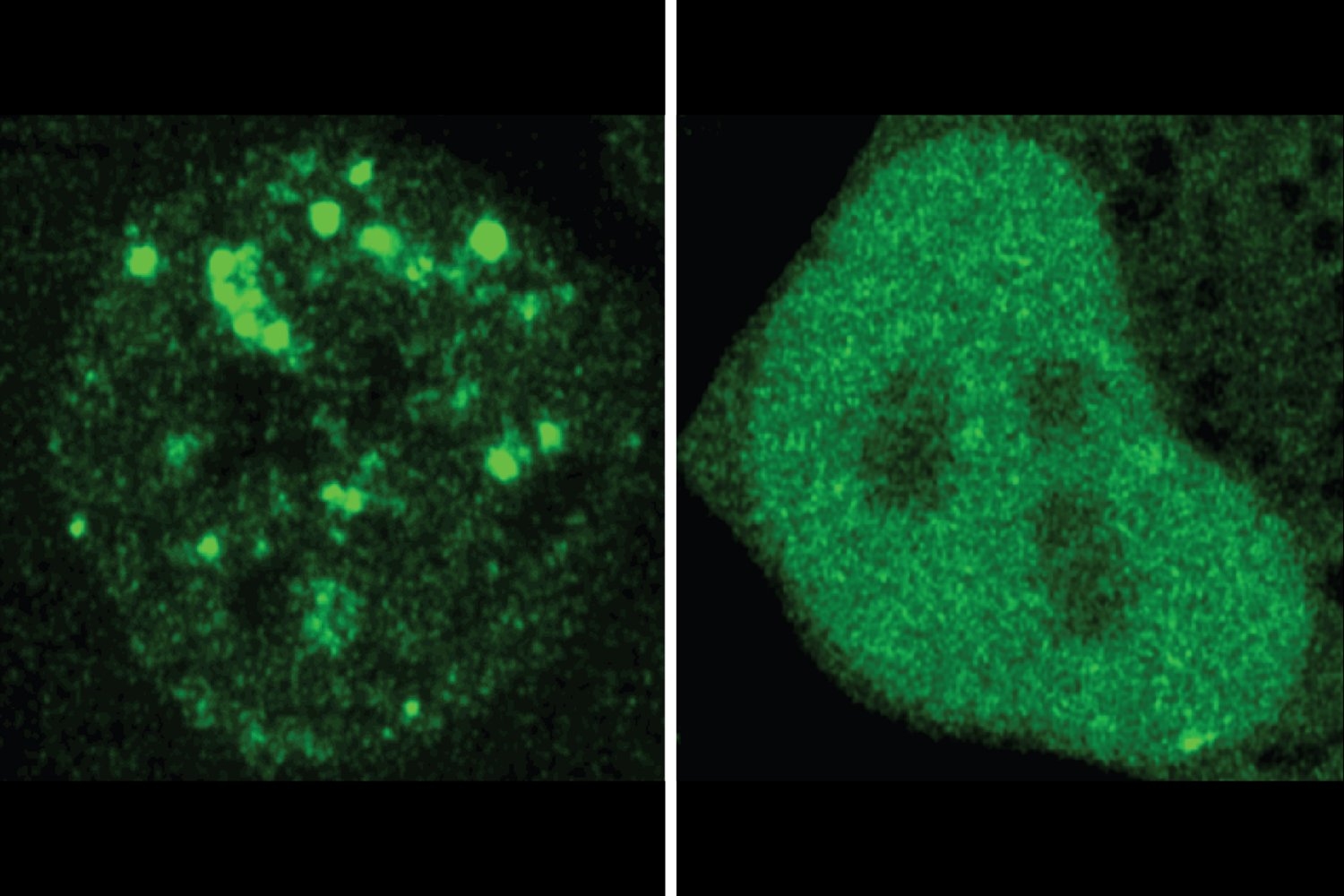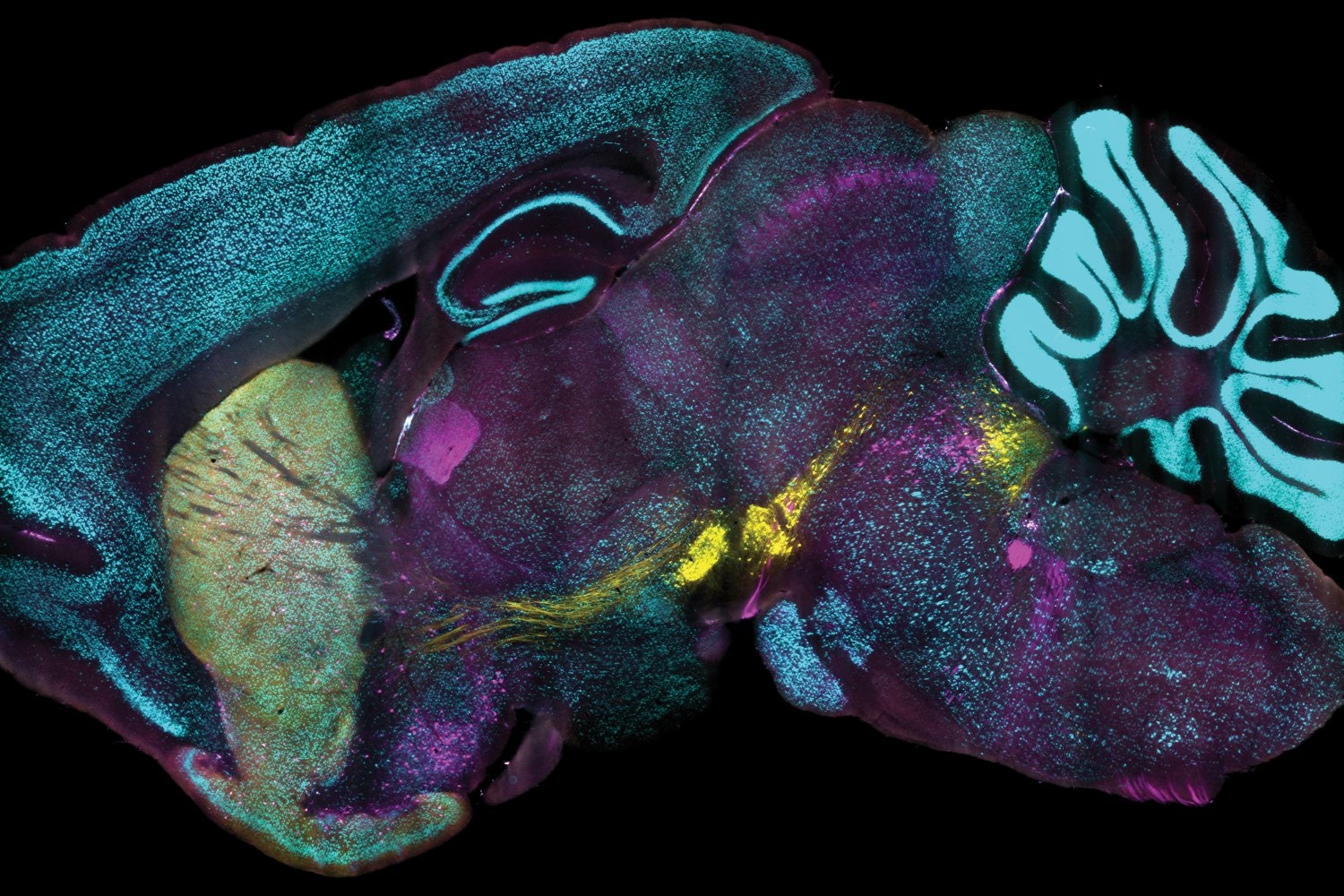A brief history of expansion microscopy
Since an MIT team introduced expansion microscopy in 2015, the technique has powered the science behind kidney disease, plant seeds, the microbiome, Alzheimer’s, viruses, and more.
April 23, 2025 • ~13 min
Study suggests new molecular strategy for treating fragile X syndrome
Enhancing activity of a specific component of neurons’ “NMDA” receptors normalized protein synthesis, neural activity, and seizure susceptibility in the hippocampus of fragile X lab mice.
March 4, 2025 • ~7 min
AI model deciphers the code in proteins that tells them where to go
Whitehead Institute and CSAIL researchers created a machine-learning model to predict and generate protein localization, with implications for understanding and remedying disease.
Feb. 13, 2025 • ~11 min
MIT method enables ultrafast protein labeling of tens of millions of densely packed cells
Tissue processing advance can label proteins at the level of individual cells across large samples just as fast and uniformly as in dissociated single cells.
Feb. 6, 2025 • ~9 min
Cellular traffic congestion in chronic diseases suggests new therapeutic targets
Chronic diseases like diabetes are prevalent, costly, and challenging to treat. A common denominator driving them may be a promising new therapeutic target.
Dec. 10, 2024 • ~10 min
/
6

